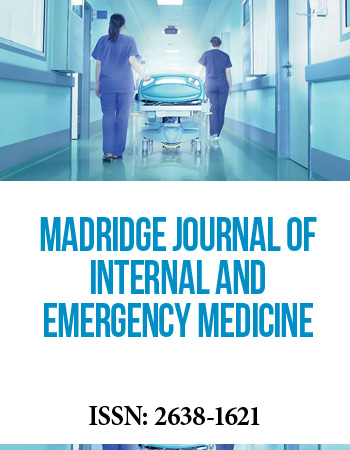International Translational and Regenerative Medicine Conference
April 25-27, 2018 | Rome, Italy
Synthetic Aromatse Inhibitors in the Treatment of Estrogen Dependent Breast Cancer
Mathematics and Natural Sciences, School of Arts and Sciences, American University of Ras Al Khaimah, UAE
Breast cancer is the most common form of cancer present in women worldwide and is the second leading cause of death after lung cancer.1 In estrogen-dependent breast cancer, estrogen plays a significant role in the stimulation of breast cancer cell proliferation.2 Two main approaches have been developed to control or block the pathological activity of estrogens. The first approach involves the design and synthesis of estrogen receptor antagonist and inhibition of enzyme aromatase is the second approach for the development of new agents for the breast cancer treatment.3-5 Aromatase, an enzyme complex present in breast tissues, plays a substantial role in the biosynthesis of important endogenous estrogens from androgens. The source of oestrogen production in breast cancer tissues is intra-tumoral aromatase, and inhibition of aromatase may inhibit the growth stimulating effect of estrogens in breast cancer tissues. Consequently, aromatase is considered a useful therapeutic target in the treatment and prevention of estrogen-dependent breast cancer. Recently, different natural products and synthetic compounds have been rapidly developed, studied, and evaluated for aromatase inhibitory activity. Aromatase inhibitors are classified into two categories on the basis of their chemical structures, i.e., Steroidal and nonsteroidal aromatase inhibitors.6 This presentation will emphasize the potent role of synthetic steroidal and nonsteroidal aromatase inhibitors for the treatment of breast cancer.
Biography:
Dr. Shagufta joined the American University of Ras Al Khaimah as an Assistant Professor of Chemistry in the School of Arts and Sciences in August 2014. Before joining AURAK, she worked as an Adjunct Assistant Professor of Chemistry at the University of Modern Sciences, Dubai and American University of Ras Al Khaimah, UAE.
She worked as a Postdoctoral Researcher Associate at the Department of Chemistry and Biochemistry, Oklahoma University, USA. She developed the noble drug delivery system for breast cancer drugs using carbon nanotubes and acquired the significant experience in nanotechnology and synthetic organic chemistry. She was appointed as a Postdoctoral Research Fellow and Visiting Scientist at Leiden/Amsterdam Centre for Drug Research (LACDR), Leiden, and the Netherlands. Her research interest was in silico prediction and clinical evaluation of the cardiotoxicity of drug candidates. She was focused to identify chemical substructures as ‘chemical alertsʼ that interact with this hERG channel.
She received a Ph.D. under the prestigious CSIR-JRF and SRF research fellowship in Chemistry from Central Drug Research Institute (CDRI)/Lucknow University, India in 2008, her PhD research work was in the field of estrogens and antiestrogens, design and synthesis of steroidal and non-steroidal tissue selective estrogen receptor modulators (SERMs) for breast cancer, 3D-QSAR CoMFA and CoMSIA studies and analysis of pharmaceutical important molecules. She has published 20 articles in peer-reviewed International journals of Royal Society of Chemistry, Elsevier, Wiley and Springer. And she teaches courses such as General chemistry, Organic Chemistry, Chemistry in Everyday Life, and Spectroscopy along with laboratory courses.


